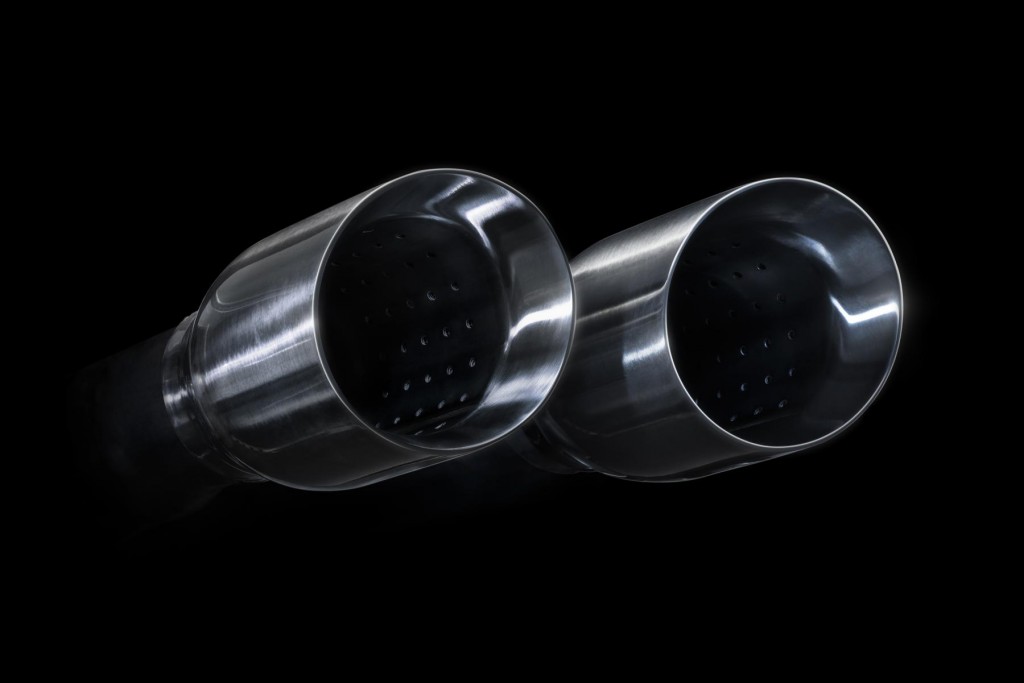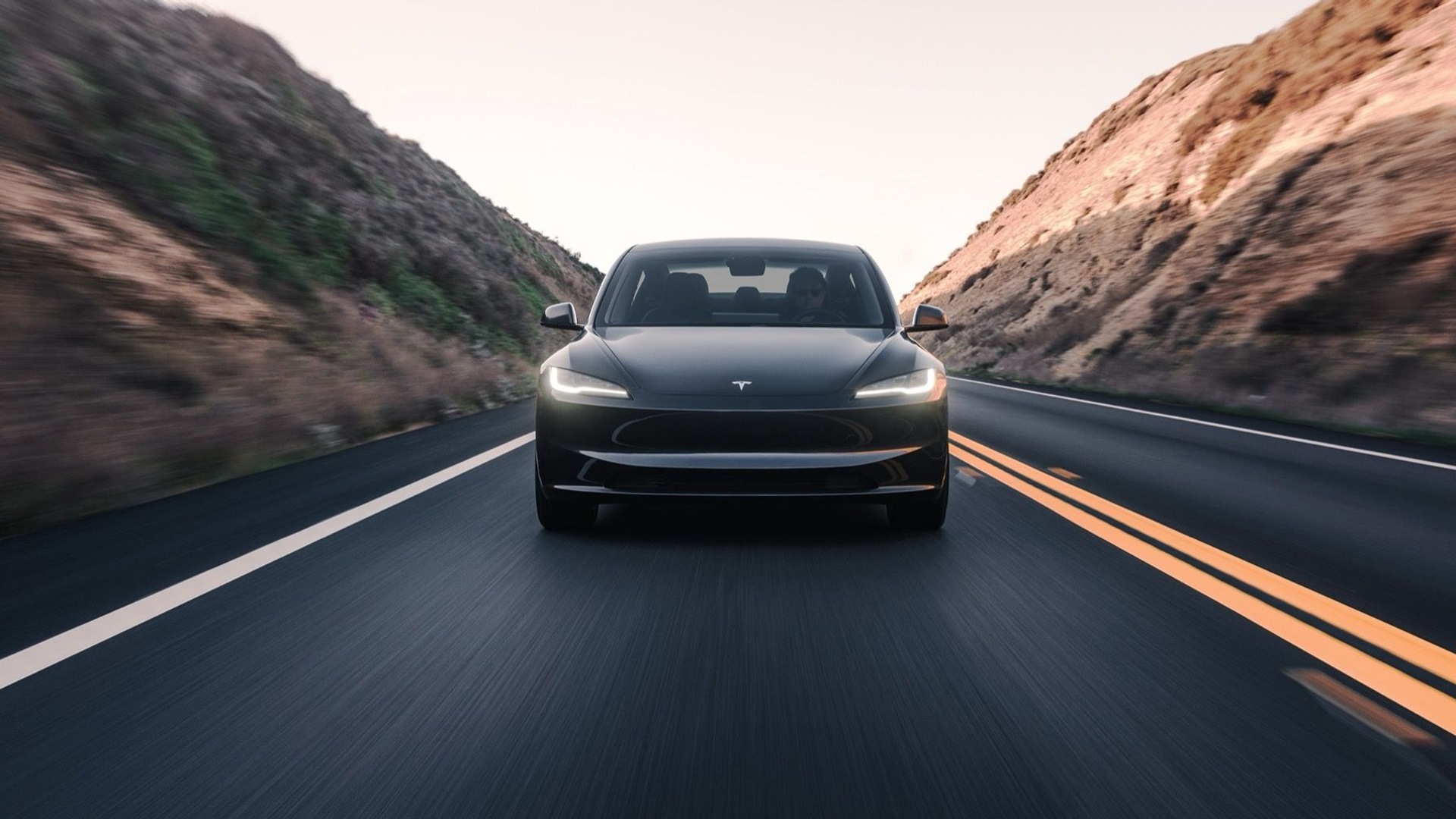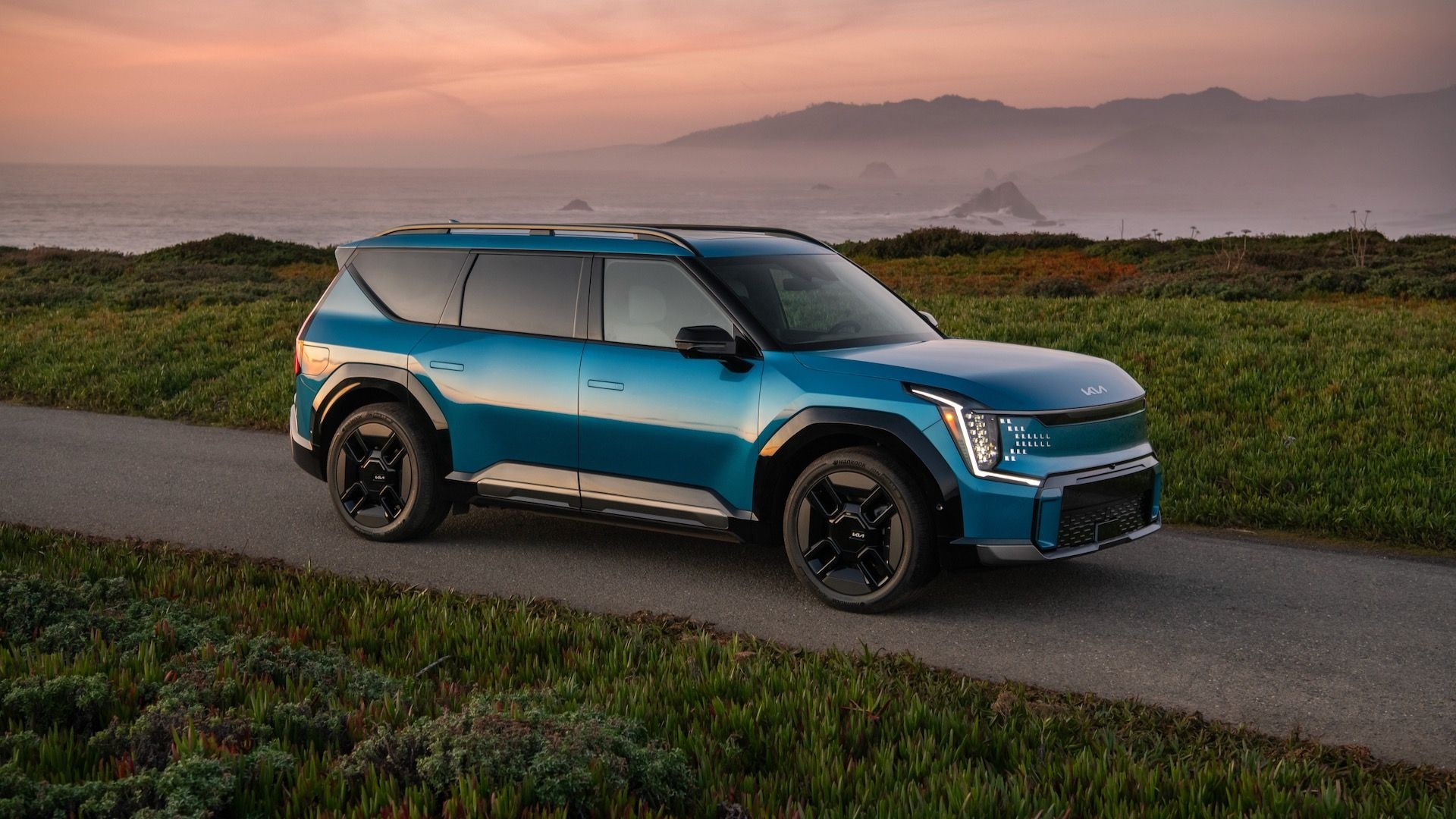The United States Environmental Protection Agency (EPA) is drafting tougher emissions standards, to be announced by July, EPA administrator Michael Regan said Tuesday in an interview with Bloomberg.
Tougher emissions rules would reverse the policies of the Trump administration, which rolled back federal emissions standards through the 2026 model year.
"We need to go as far as we can," Regan said in the interview. In reference to automaker pressure to water down emissions standards, he called choosing between environmental protection and economic development a "false option."

Audi e-tron, on the Golden Gate Bridge
Regan also expressed support for California's ability to set its own emissions standards—something the Trump administration attacked. In the interview, he said he was “a firm believer in the state’s statutory authority to lead, in California being the leader.”
The EPA administrator also didn't rule out increasingly-strict future emissions standards that would effectively ban internal-combustion cars, but didn't discuss a timeline for that. California is moving to ban sales of new internal-combustion passenger vehicles by 2035, and is pushing President Biden to start phasing them out.
Restoring the integrity of the EPA will be a serious task for Regan. Under Andrew Wheeler, the Trump EPA disbanded scientific panels that help set health-based standards for particulate matter, ozone, and other pollutants.

2016 Chevrolet Camaro’s exhaust tips
After a series of delays, the Trump EPA released its Final Rule for lower U.S. vehicle standards on March 31, 2020. After initially suggesting it would attempt to freeze fuel-efficiency requirements at 2020 levels, the administration called for an approximately 1.5% annual improvement in fleet average efficiency between 2021 and 2026, down from the 5% annual increases set by the Obama administration.
Just days before President Biden took office, the outgoing administration also moved to delay higher fines for automakers that failed to meet fuel-economy standards. That policy is currently under review by the Biden administration, but Tesla—which gets substantial revenue from the credits automakers purchase to offset efficiency shortfalls—has asked a federal court to reverse it immediately.












